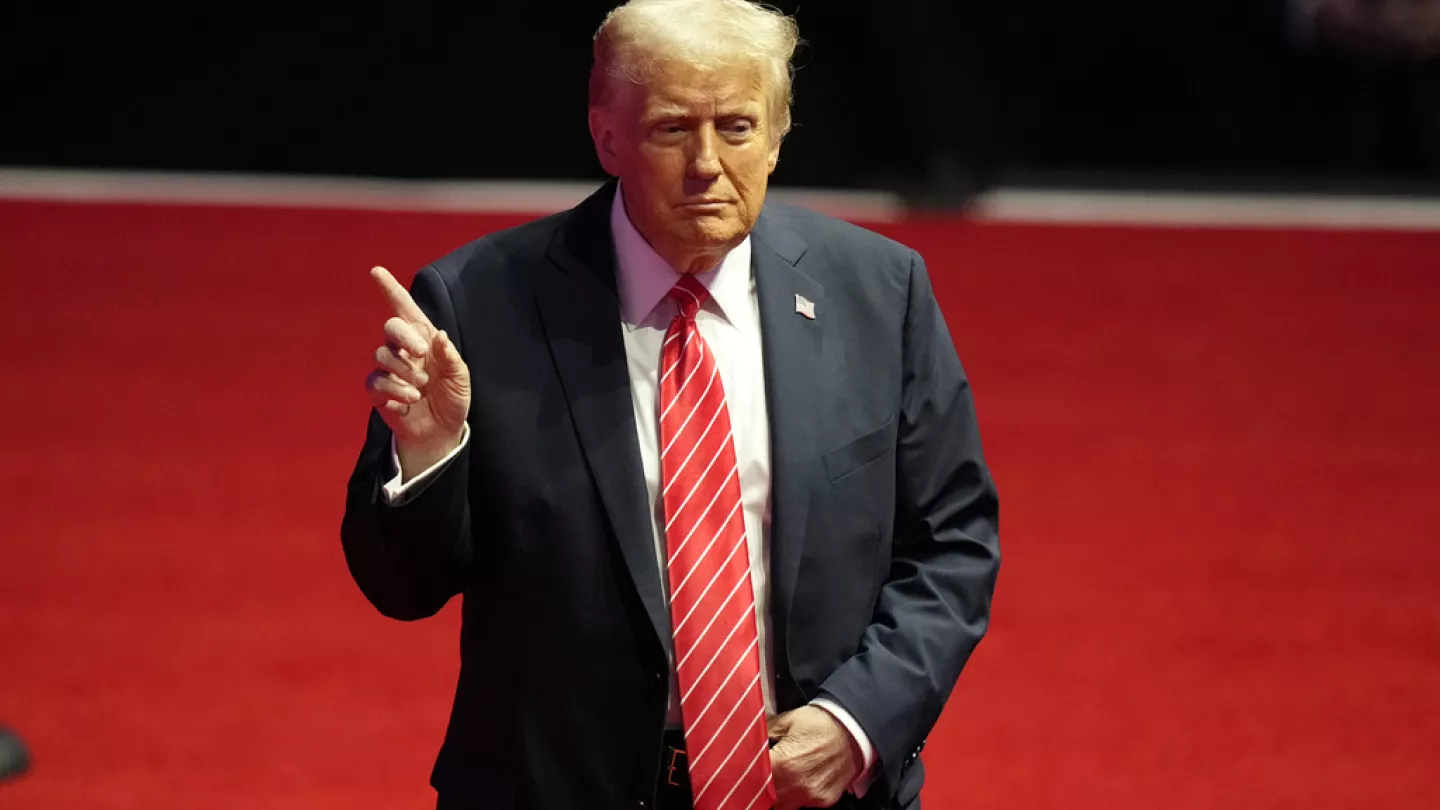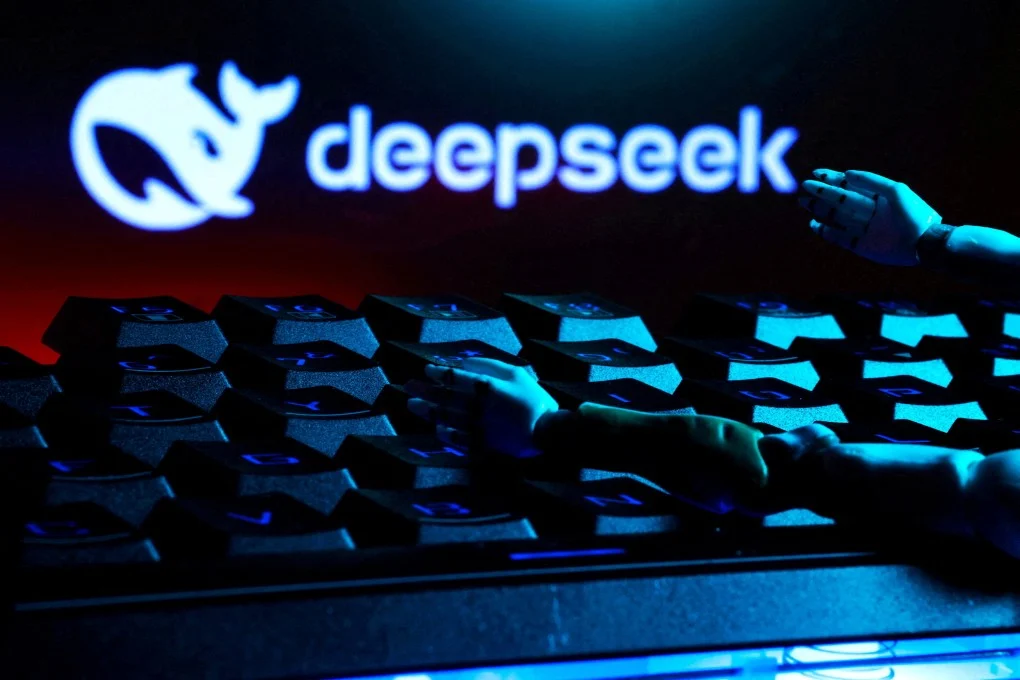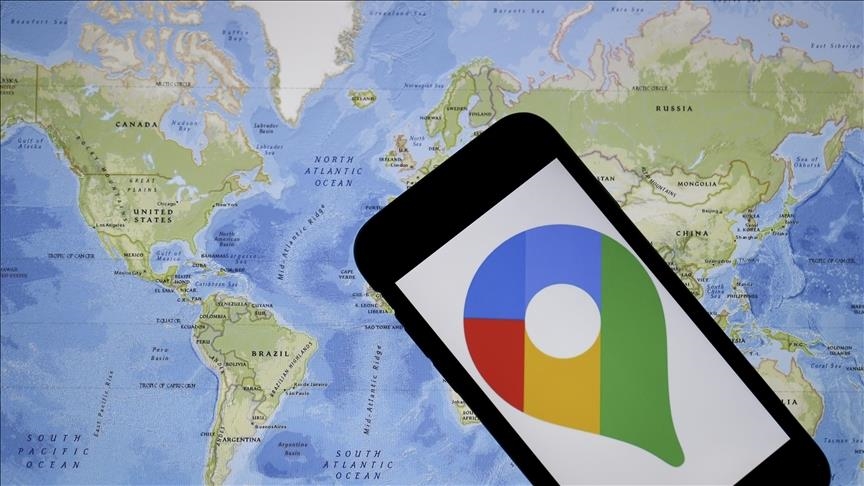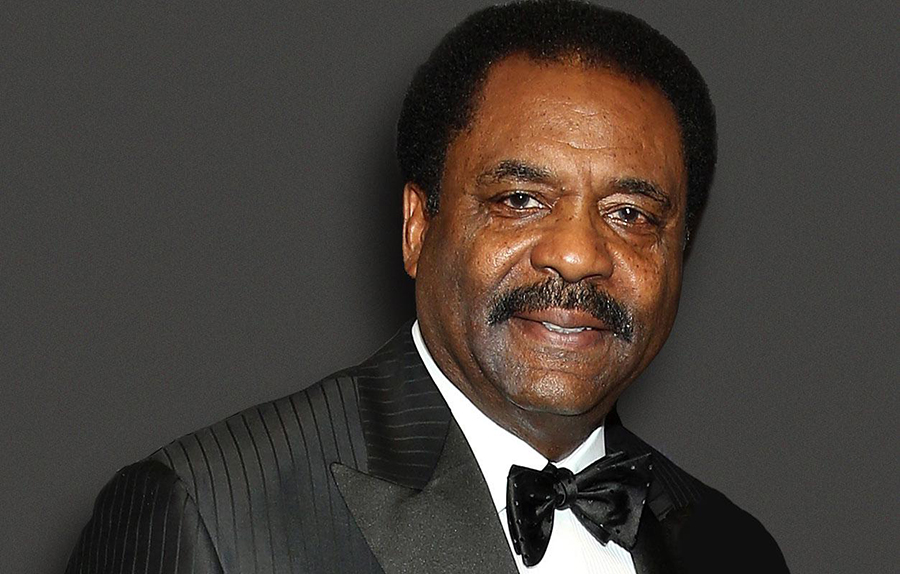U.S. President Donald Trump vowed on Thursday to position America as a global leader in cryptocurrency, promising to make the nation a trailblazer that sets the pace for others in a world that is leaning towards digital assets..
In a video address at the Digital Asset Summit in New York, Trump pledged to make America the “undisputed Bitcoin superpower and the crypto capital of the world.”
“With the right legal framework, institutions large and small will be liberated to invest, innovate, and take part in one of the most exciting technological revolutions in modern history,” Trump said.
Read also: Trump vows to make U.S. global cryptocurrency leader at first-ever White House Crypto Summit
Pushing for regulatory clarity
During his remarks, Trump emphasised the need for clear regulations to support the crypto industry’s growth. He urged Congress to pass legislation that would create a stable legal framework for digital assets, particularly stablecoins.
“I’ve called on Congress to pass landmark legislation bringing simple, common-sense rules for stablecoins and market structure,” he said, adding that such measures would encourage innovation and investment.
The president also spotlighted the first-ever White House Digital Asset Summit, an event aimed at fostering dialogue between government officials and industry leaders. “Just two weeks ago, we brought together many of the world’s top crypto leaders at the White House for a conversation led by our AI and Crypto Czar,” Trump noted.
The president further announced the creation of a Strategic Bitcoin Reserve and a U.S. Digital Asset Stockpile to ensure the federal government retains and maximises its cryptocurrency holdings.
“Instead of foolishly selling them for a fraction of their long-term value, as was done in the past, we are going to ensure America benefits from its Bitcoin holdings,” he said.
He reaffirmed his administration’s stance against excessive regulations, vowing to end restrictive policies that he believes have hindered the crypto sector.
“We are ending the last administration’s regulatory war on crypto and Bitcoin, including stopping Operation Choke Point 2.0,” he declared. “As of January 20, 2025, all of that is over.”
Read also: Gold surpasses $3,000 as U.S. trade tensions, global instability fuel surge
A vision for crypto leadership
Trump’s statements signal a notable shift in U.S. policy toward cryptocurrency, positioning his administration as the most crypto-friendly in history. He concluded his address with a strong message to the crypto community.
“Together, we will ensure America remains at the forefront of financial innovation. It’s going to happen right here in the U.S.A.—the good old U.S.A.,” Trump said.




